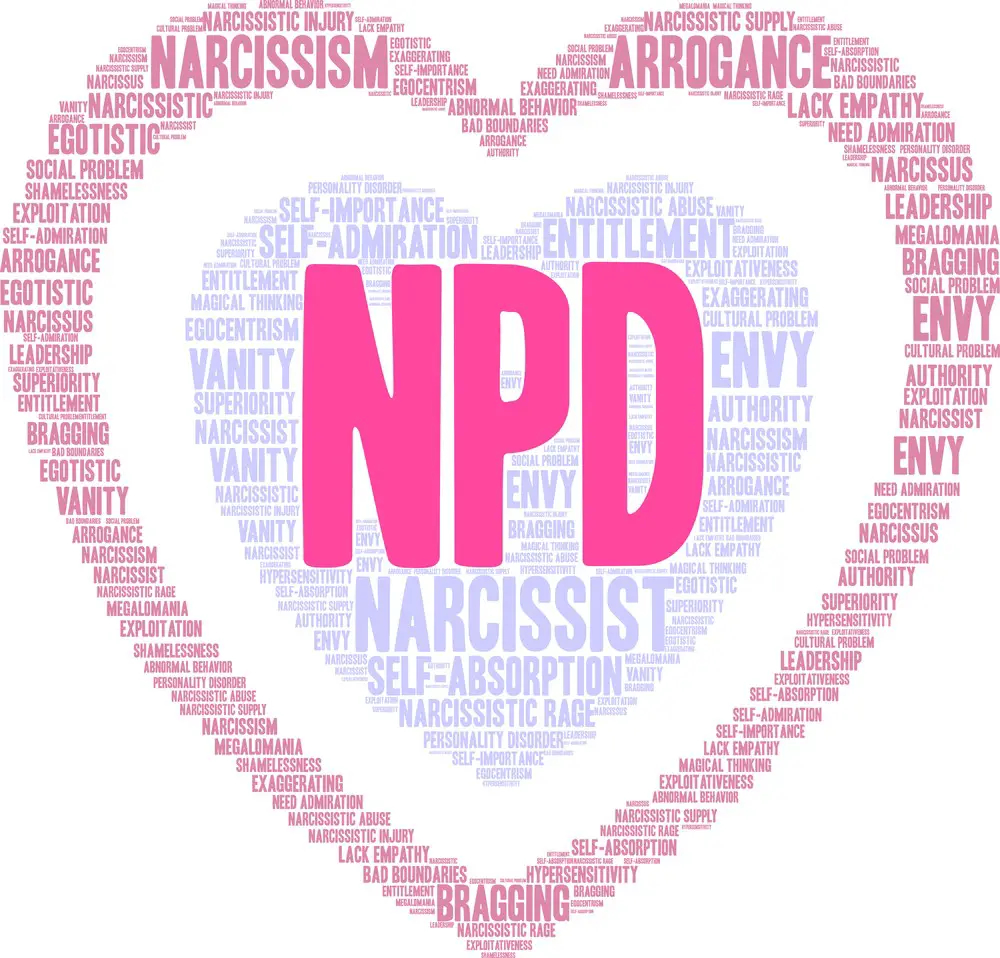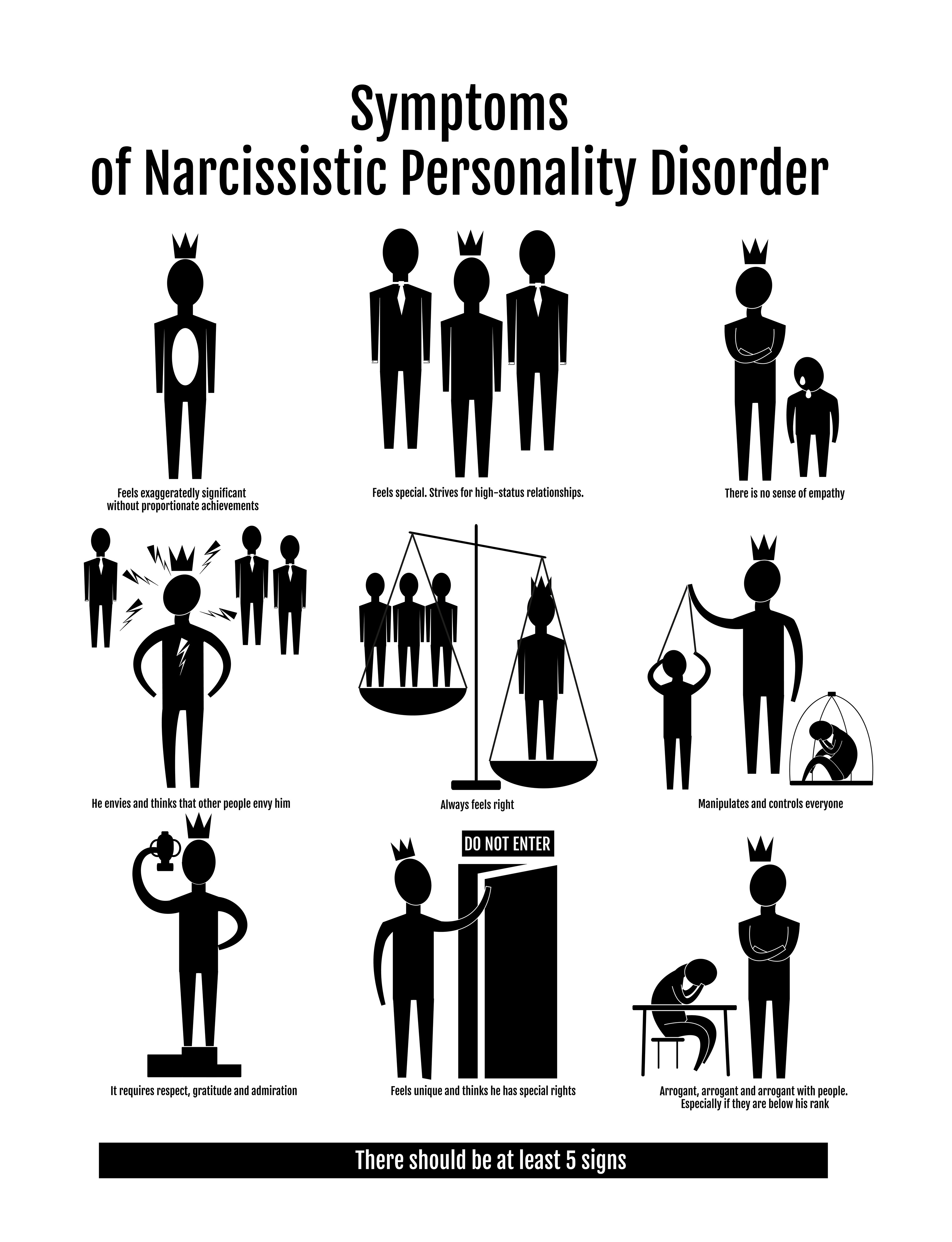As a BetterHelp affiliate, we receive compensation from BetterHelp if you purchase products or services through the links provided
Narcissistic personalities frequently display cheating patterns in romantic relationships. Understanding these patterns is important for recognizing the signs of a narcissist’s infidelity and identifying potential emotional abuse. Narcissists possess an inflated sense of self-worth and crave constant admiration from others, often leading to manipulative and deceitful behavior—making it difficult for their partners to maintain a healthy, trusting relationship.
The role of social media and online behavior has become increasingly significant in highlighting the deceptive tendencies of narcissists. As they seek approval and validation, social media often serves as a platform to cultivate a self-enhancing image, which may foster an environment conducive to infidelity. Knowing how to identify and respond to the warning signs of narcissistic cheating patterns can help individuals protect themselves from the psychological harm resulting from these toxic relationships.
Key Takeaways
- Narcissistic personalities have distinct cheating patterns in relationships
- Online behavior and social media play a significant role in their deception
- Identifying and responding to warning signs can help protect individuals from emotional harm
Understanding Narcissist Cheating Patterns
Why Do Narcissists Cheat
Narcissists often cheat because their sense of entitlement and inflated ego lead them to seek validation from multiple sources. Their need for constant admiration and desire to feel superior to others drives them to search for new experiences and relationships. They are more likely to cheat to maintain their self-image, escape their inadequacy, and manipulate others for their gain.
Sense of Entitlement
Narcissistic individuals typically have a strong sense of entitlement, believing they deserve special treatment and privileges. This belief system justifies their actions, even when it involves cheating. They view themselves as better than their partners and may rationalize that their partners do not fulfill their needs. Because of their entitlement, narcissists may not see anything wrong with their actions and rarely feel guilt or remorse.

Inflated Ego
In conjunction with their sense of entitlement, narcissists possess an inflated ego that fuels their cheating behavior. They often crave admiration and validation, which they may seek through illicit relationships. This constant need for validation can lead them to engage in multiple affairs simultaneously, always searching for new sources of attention. The inflated ego in narcissistic personality disorder makes it difficult for narcissists to empathize with others or truly connect with their partners, driving them to cheat as they fail to engage in meaningful relationships.
Signs and Behavioral Patterns
Common Narcissist Cheating Signs
Narcissists exhibit certain behavioral patterns when cheating in relationships. They often lie about their actions and whereabouts, as deception is a key aspect of their infidelity. Their flirting with others may become more apparent, while they may also demonstrate a lack of guilt or remorse for their behavior. Warning signs, such as sudden changes in routine or increased secrecy, can indicate a potential red flag.
In many cases, narcissists will accuse their partners of cheating even when they are unfaithful. This behavior, known as projection, attempts to shift the guilt and responsibility onto the other person, thus maintaining their power and control. They may also engage in stonewalling, which involves refusing to communicate or cooperate with their partner, further reinforcing the narcissist’s control.

Manipulation and Gaslighting
Manipulation is a common tactic employed by narcissists when cheating. They may use lies, false promises, or misleading statements to create confusion and uncertainty in their partner, thereby maintaining the upper hand in the relationship. They may also engage in conflict to distract attention from their actions and place the blame on their partner.
Gaslighting, a specific form of manipulation in which the narcissist causes their partner to question their reality, is another behavioral pattern frequently exhibited by narcissists who cheat. Narcissists can weaken their partner’s sense of self and perpetuate the cycle of manipulation and control by insisting that their partner’s concerns and suspicions are unfounded or that they are imagining things.
It is important to be aware of these behavioral patterns when dealing with a narcissist in a relationship. Recognizing the common cheating signs and understanding the tactics of manipulation and gaslighting can help individuals protect themselves and make informed decisions about their relationship with a narcissist.
The Role of Social Media and Online Behavior

Social media and online behavior significantly influence how narcissists cheat and seek attention. This section will cover some key aspects of their conduct on the internet, including online attention seeking, sexting, and virtual affairs.
Online Attention Seeking
Narcissists commonly use social media to garner attention and admiration from others. They may frequently post selfies or exaggerate their accomplishments to boost their self-esteem. This behavior often stems from a narcissistic person’s need for constant reassurance and validation. In some cases, when their online presence fails to provide the desired level of attention, they might seek excitement and validation by engaging in extramarital affairs.
Sexting
Sexting is another way that narcissists cheat through digital means. They may engage in explicit conversations with others via texts or social media messages, often to provide their ego with a sense of superiority and control. Some may view sexting as less damaging than physical infidelity, but it can still negatively impact relationships and mental health. Therapy with a mental health professional may be necessary to address such behavior and support those affected by a narcissistic person’s actions.
Virtual Affairs
In addition to sexting, narcissists may engage in online emotional affairs, forming deep connections with other individuals on social media or gaming platforms. These virtual relationships offer a form of escapism and an opportunity to receive even more attention. Such connections may never progress to physical infidelity but can still emotionally distress the narcissist and their partner. Sudden changes in online behavior, such as secrecy or increased online time, could indicate a virtual affair.
The narcissist and their partner may benefit from seeking support from a mental health professional to address the underlying issues and mitigate further harm.
Identifying and Dealing with Narcissistic Abuse
Abusive Relationship Patterns
In a relationship with a narcissistic partner, abuse often involves mental and emotional manipulation, leaving the victim feeling unworthy and powerless. A common pattern emerges when the narcissist has poor impulse control, leading to a constant need for a narcissistic supply. To feel a sense of superiority, they use their partner to reinforce their self-worth and maintain a superiority complex.
Narcissists often lack empathy, making it difficult for them to understand the pain they inflict on their partners. They might cheat, lie, spread rumors, and manipulate the truth to maintain their power trip. When confronted, they usually shift the blame onto their partner, causing further damage.
Seeking Help and Support
Individuals in an abusive relationship must seek help and support to regain their sense of self and recover from the emotional damage inflicted by the narcissist. Establishing a strong support network can help victims cope. Turning to mental health professionals, friends, family, or support groups is essential for recovery.
Recognizing and understanding narcissist cheating patterns can empower victims to protect themselves and seek the right assistance to break the cycle of abuse. Gaining knowledge about the narcissist’s lack of self-control, the constant need for praise, and adultery can enable victims to make informed decisions and protect their mental health.
By identifying the signs of narcissistic abuse and seeking help and support, victims can regain their independence, maintain their emotional well-being, and remove themselves from harmful situations.

Recognizing and Responding to the Warning Signs
Sudden Changes in Behavior
In dating and relationships, a narcissistic person may exhibit sudden changes in behavior due to their sense of entitlement and self-centered nature. It is essential to trust your instinct when you notice these shifts. For example, if their sex habits change without clear reason, it could signify narcissists engaging in secretive liaisons.
Suspicious Actions and Communication
Pathological narcissism can lead to suspicious behavior, such as guarding their phones and frequently changing passwords. Pay attention to actions that seem out of character for your spouse or partner. Sometimes, the narcissist may become overly protective of their items or hide specific aspects of their daily routine.
Communicating your concerns to the narcissistic person is crucial, but remember that they might not be receptive to criticism. Approach the conversation with a clear and neutral tone, focusing on expressing your feelings and observations rather than making accusations.
Awareness and intuition play a significant role in recognizing the warning signs of narcissistic cheating patterns. Remember these factors when evaluating any sudden behavioral changes or suspicious actions, and don’t hesitate to assert your boundaries and stand up for yourself in the relationship.
Frequently Asked Questions
Do narcissists cheat often?
Narcissists often have a strong need for admiration and validation from others. They may seek out multiple partners to fulfill these needs, which can lead to infidelity. Cheating can also allow the narcissist to assert power and control in a relationship. Though not all narcissists cheat, there is a higher tendency for it among them.
How does a narcissist behave after cheating?
After cheating, a narcissist may try to downplay the significance of their actions or minimize the impact on their partner. They may become defensive or even blame their partner for their infidelity. Some narcissists may show no remorse or guilt, whereas others feign remorse to manipulate their partner’s emotions.
Do they gaslight when cheating?
Gaslighting is a common manipulation tactic narcissists use to deceive and control others. When caught cheating, they often resort to gaslighting to create confusion and doubt in their partner’s mind. This can involve denying the infidelity, twisting facts, and convincing the partner that they are being overly suspicious or even paranoid.
How to confront a cheating narcissist?
Confronting a cheating narcissist can be difficult, as they often use manipulation and deflection to avoid responsibility for their actions. Be prepared for denial, gaslighting, and victim-blaming. It’s essential to remain calm and assertive and to use clear and specific examples of their behavior. Setting boundaries and seeking support from friends, family, or a therapist can also help manage the confrontation.
Do narcissists admit to cheating?
Narcissists rarely admit to cheating, as it would require them to take responsibility and acknowledge their actions’ impact on others. Instead, they are more likely to deny, deflect, or shift blame. Sometimes, they may even gaslight their partner into believing the infidelity never occurred or was somehow justified.
How do they treat spouses during cheating?
While cheating, narcissists may treat their spouses with emotional distance, neglect, and even abuse. They may become more critical, controlling, or manipulative, scapegoating their spouse to rationalize their infidelity. Alternatively, to allay suspicion, some narcissists may attempt to overcompensate with excessive affection, gifts, or compliments.
- Breaking the Silence: Why Men’s Mental Health Matters More Than Ever - April 15, 2025
- How to Transform a Home’s Patio Space into a Relaxing Space - March 23, 2025
- 5 Strategies to Use a Cell Phone to Help Manage Your Stress - March 23, 2025
This site contains affiliate links to products. We will receive a commission for purchases made through these links.



